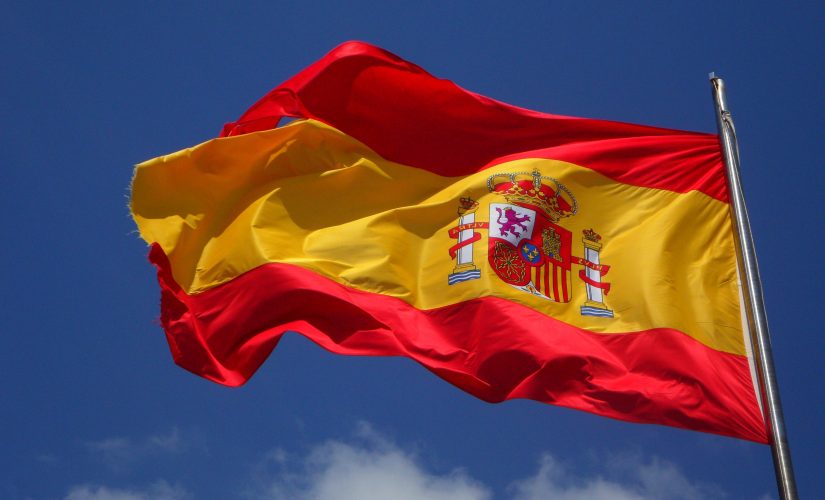Saturday witnessed a cyberattack on the Spanish city of Calvià in Majorca, with hackers now demanding 10 million euros to be paid to restore functionality to integral systems.
The Calvià City Council website has been offering updates on the situation, saying the local authority is “working to recover normality as soon as possible, after having been subject, early last Saturday, to a Ransomware cyber attack, through which it is intended to extort money from the council.”
Majorca’s mayor, Juan Antonio Amengual, has reiterated that the extortion attempt will not be answered, as reported in the Majorca Daily Bulletin.
Ransomware attack slows Spanish council.
Amengual took to X to post about the current state of play and mentioned that the council continues to work with experts to stop the attack:
Trabajamos con expertos y otras instituciones para atajar el ciberataque 💻
👉El Ayuntamiento no se detiene, sigue funcionando ✍️ algo más lento, pero en marcha
Los hechos han sido denunciados a 🚓 Guardia Civil pic.twitter.com/GS5a1L0Y0x
— Ajuntament de Calvià – Ayuntamiento de Calviá (@_Calvia) January 15, 2024
In the social media post, he said, “We (Calvià City Council) work with experts and other institutions to stop the cyber attack. The City Council does not stop, it continues to function a little slower, but moving.”
The Calvià City Council will work with the Telematic Crimes Group of the Spanish Civil Guard and hopes to keep residents and onlookers updated through the official website.
Spain and Ukraine are seeing cyberattacks.
Spain is not the only country that has been battling against cyber-security threats like the Ukraine, which has seen national impact of hacking late last year.
The largest telecommunications company, Kiyvstar, and banking power Monobank were subject to the hacking attempt. The cell provider going down would cause a communications blackout for millions.
In the United States, Distributed Denial of Service (DDoS) attacks and hacking attempts were seen across 2023 for Sony and Open-AI.
Open-AI, creator of ChatGPT reported the “an abnormal traffic pattern” that caused outages for developers in November.
Sony-owned studio Insomniac Games was the focus of one of the most scathing cyber attacks in December 2023. This would lead to the blackmail of the studio for 50 Bitcoin (BTC), equivalent to around $2 million.
The studio and Sony refused to give in to these demands, resulting in sensitive information being released to the public alongside business strategy and company documents.
Image Credit: Pexels




